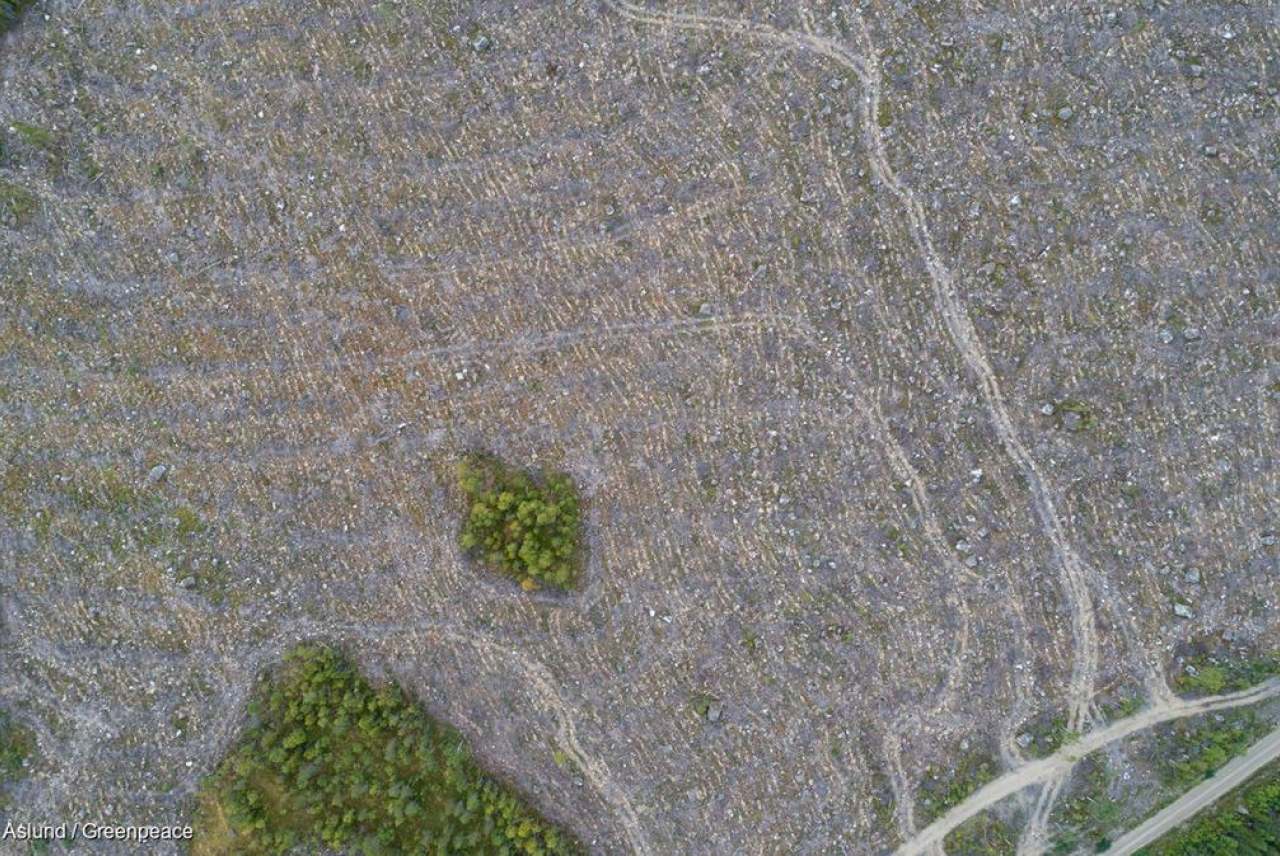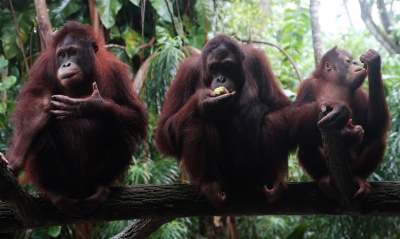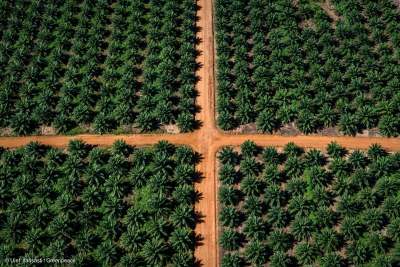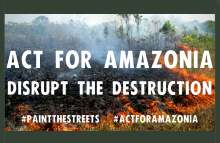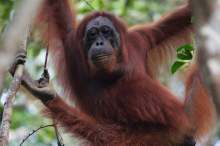David Quammen, author of Spillover: Animal Infections and the Next Pandemic, explains in the New York Times:
“We disrupt ecosystems and we shake viruses loose from their natural hosts, when that happens, they need a new host. Often, we are it.”
Like COVID-19, Ebola is thought to have originated in bats. According to a 2017 study, outbreaks of Ebola in Central and West Africa were more likely to occur in areas that had recently been deforested.
“The invasion of West African forests by the palm oil companies destroyed the canopy of the natural forest,” Frank Snowden, a professor emeritus of the history of medicine at Yale University says. “And so bats, not having their natural habitat, had to move to different places — places where human beings are.”
Addressing the Coronavirus crisis
Addressing COVID-19, then, is not only about mutual aid networks, food banks, NHS staff and volunteers, and the other amazing community and health responses we’re seeing. Our relationship with the environment also needs to change if we want to avoid ‘shaking free’ many further viruses of this kind.
Richard Ostfeld, a senior scientist at the Cary Institute of Ecosystem Studies in Millbrook, New York says:
“There’s misapprehension among scientists and the public that natural ecosystems are the source of threats to ourselves... It’s a mistake. Nature poses threats, it is true, but it’s human activities that do the real damage. The health risks in a natural environment can be made much worse when we interfere with it.”
Issues with farming
Although COVID-19 was likely transmitted through the wild meat trade, farmed meat also plays a role in the crisis. Livestock is the world’s largest user of land resources. As our demand for meat grows, larger and larger areas of the natural world are being requisitioned for animal agriculture.
In countries like Brazil, forest is cleared for beef farming or to grow soya and other crops for animal feed. Habitats are destroyed, communities that rely on these forests are pushed further into unknown ecosystems, and humans come into contact with new animal populations and the viruses that they carry.
Choosing a plant-based diet can reduce our destruction of the natural world, and in this way reduce our risk of disrupting viruses with pandemic potential, like COVID-19. Animal agriculture is a very inefficient use of land, meaning that we need a disproportionate amount to meet our nutritional requirements. Some experts estimate that if we all went vegan, we could reduce land use for agriculture by 75% – allowing more undisturbed natural habitats to remain undisturbed.
Palm oil and habitat destruction
Palm oil – in 50% of all packaged products we buy from supermarkets – likewise causes widespread habitat destruction.
Swathes of rainforest in Southeast Asia, Latin America and Africa are bulldozed or burnt to make room for the plantations, “green deserts” containing virtually no biodiversity, on an area the size of New Zealand. Avoiding products containing palm oil or making sure it is sustainable, then, can also lessen our demands on the natural world.
But it is not just the food industries that are disturbing habitats. Our electronics also rely on a huge amount of natural resources, including conflict minerals. Conflict minerals are mined in the Democratic Republic of Congo and surrounding areas. Paramilitary groups fight for control of illicit mines, where grave human rights abuses including forced labour and child labour are commonplace and the money raised funds further violence, exploitation and corruption.
